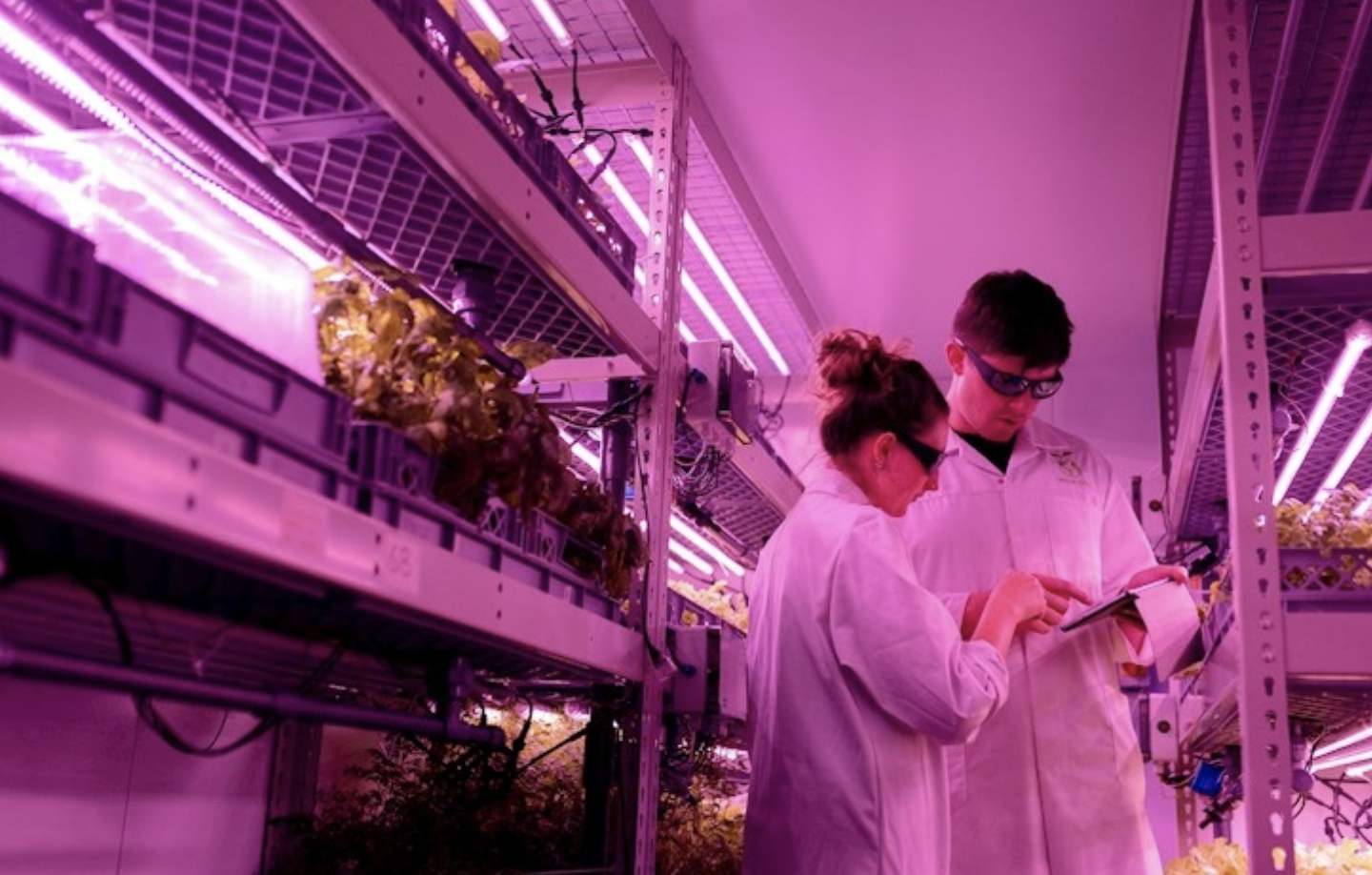High-tech horticulture in Australia: What could it look like?
Turning carparks into urban horticulture farms, creating floating glasshouses and building container farms are just some of the opportunities to introduce high-tech horticulture growing solutions to Australia in the face of increasing climate variability.
In 2021, RMCG’s team of horticulture experts and economists worked with the University of Technology Sydney (UTS) and global urban agriculture consultancy Agritecture to investigate effective urban farming applications being utilised overseas and how they could apply in the Australian context.
The Opportunities for High-Technology Horticulture in Australia report, commissioned by Hort Innovation, considers the types of high-technology farming operations that could work in Australia and makes recommendations to improve the feasibility of high-technology urban farming.
Future research to support high-technology urban farming could include developing new plant varieties that have reduced height; faster growth cycles with rapid fruit development; and developing new knowledge to optimise the performance of crops in these new production systems.
Impacts for Australian horticulture
RMCG Associate Dr Kristen Stirling said the report reviewed systems such as rooftop and floating glasshouses, growing approaches using building façades and inside building production – but not all systems were viable in Australia.
“High-technology horticulture has its benefits over field-based production, in that it can be climate controlled, and production is not necessarily based on certain seasons,” she said.
“However, there are factors that increase cost such as high land prices in city areas and the significant expenditure required to establish glasshouses inside or on top of buildings.
“In terms of social, financial and environmental performance, we found the best performing high-technology system for Australian conditions was the building façade, followed by a rooftop glasshouse using a vertical production system.”
Dr Stirling said the success of individual enterprises is also heavily dependent on the product line chosen, the business model used and the skill and aptitude of the farm manager.
“High-technology horticulture, like any other agricultural enterprise, is a business that requires careful planning and good management,” she said.
The study was guided by an industry-led reference group including growers and emerging commercial leaders engaged in urban high-technology horticulture in Brisbane and Sydney, members of local city councils, and subject-matter experts in protected cropping.
You can access a summary of the project or the full report.
Find out more about experience in the horticulture industry and economics.




